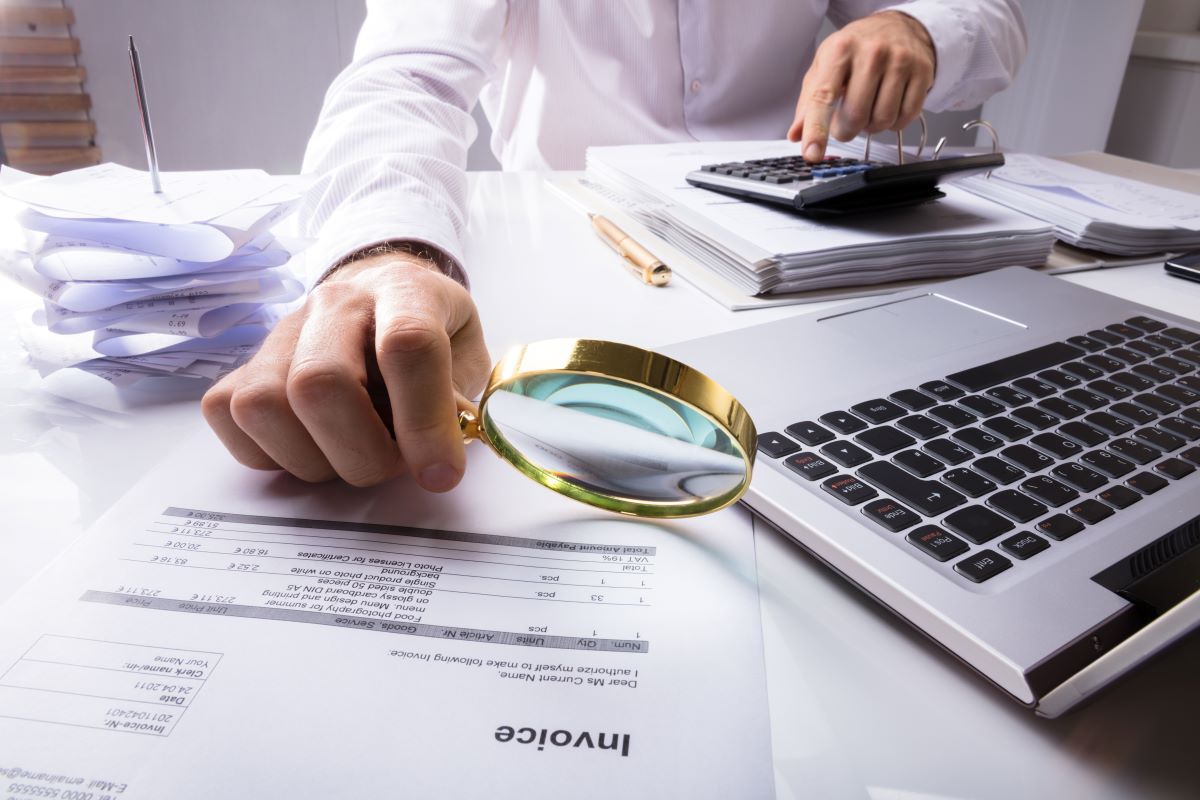Fake Invoice Supplier Fraud Alert
Through the NHS Counter Fraud Authority (CFA), the ICB has recently been made aware of numerous fraudulent attempts for payment. The majority of instances identified relate to office supplies/consumables, particularly printer toners and printer drums; however, this fraud could apply to supplies in general. In many cases the items have not been ordered or received.
The methodology of the fraudster is to impersonate a company that may do business with the NHS, therefore adding plausibility that the invoice request is legitimate; or, to create a fake company that does not actually supply any goods or services. Intelligence to date suggests that these attempts have mainly concentrated on GP surgeries.
How the fraud operates
Fraudsters identified have used names of small supply companies, some of which have already been dissolved, and also use the names of well-known UK office supply companies (often in liquidation), or names of office supply companies based in outside the UK.
The company names that have been used potentially fraudulently are as follows: Nationwide Supplies, Office Direct, Office Team, Office Solutions, Office Supply, Office Supplies, Office Express, Office World, Office Max, Office Basics Ltd, Prestige Office Supplies Ltd, Rapwell Toners, Southern Office Supplies, Xpress Solutions, HC Consumables Ltd, Office Central, Office Choice, Office Depot UK LLC, Office Outlet, Office Outlet Holdings Limited, Med Supply Group LLC and Medistore. This is not an exhaustive list.
As new companies could register in the same company name or a similar name, it is important other due diligence checks are conducted to avoid confusion with legitimate suppliers.
There are numerous examples of targeting, for example, in GP practices where the Practice Manager has recently changed. In these cases, the invoice is normally sent in the name of the previous Practice Manager for a relatively small amount £400 – £900 but sometimes they combine several fraudulent invoices together which can be over £2,000.
On occasions the fraudsters have sent an empty box, signed for but not opened until later, which then provides the fraudster with proof of delivery and more credibility that the goods were supplied, thus allowing them to chase the non-payment.
In addition, there have also been emails sent threatening late payment fees, and potential legal action if their invoices are not settled.
There has also been evidence of emails hard-selling toners, and supplies of counterfeit toners.
Finally, invoices will ask that payments are made into the bank accounts quoted, which may be different account details than already held for a legitimate, existing supplier with a similar name. These accounts will be controlled by the fraudsters and any request to change legitimate bank details is mandate fraud.
Prevention advice and action
- Staff with responsibility for paying or authorising invoices, or for supervising these processes, should be made aware of the risk of invoicing fraud.
- Staff involved in the invoice payment process should be aware of what information is required to be on supplier invoices and carry out spot checks on invoice details against supplier details already held, including verifying VAT
and Companies House numbers. - Staff involved in the invoice payment process should ensure key checks are undertaken, including:
- Reconciliation of purchase orders or booking confirmations and goods received against invoices;
- Opening and checking goods received at the point of receipt; and
- Use of a payment system that is able to identify duplicate invoices.
- Staff involved in the invoice payment process should have access to clear written procedures and guidance in respect of the process, detailing indicators that could give rise to further investigations, such as:
- Format of the invoice does not match with previous bills received from the supplier
- Invoices that appear to have been altered or are incomplete
- Suppliers with PO boxes or residential addresses
- Members of staff requesting to specifically deal with particular suppliers
- No apparent requirement for the goods or services mentioned in the invoice
- Bank details changed on a supplier’s account that has not been active for a substantial period of time
- Staff involved in the invoice payment process should be made aware of the risks of mandate fraud as part of ongoing awareness raising, all requests to set up, change or amend bank account details for new or existing suppliers
should not be assumed to be genuine, are to be rigorously checked, following current processes and procedures, and in line with NHSCFA guidance on the prevention of mandate fraud (cfa.nhs.uk).
- All incidents of suspected fraud against NHS organisations should be reported via the NHSCFA by calling
0800 028 4060 or online at www.cfa.nhs.uk/reportfraud. For private GP Practices etc, please report any incidents to Action Fraud on 0300 123 2040.
For more information about our anti-fraud service, contact Darrell Davies.
